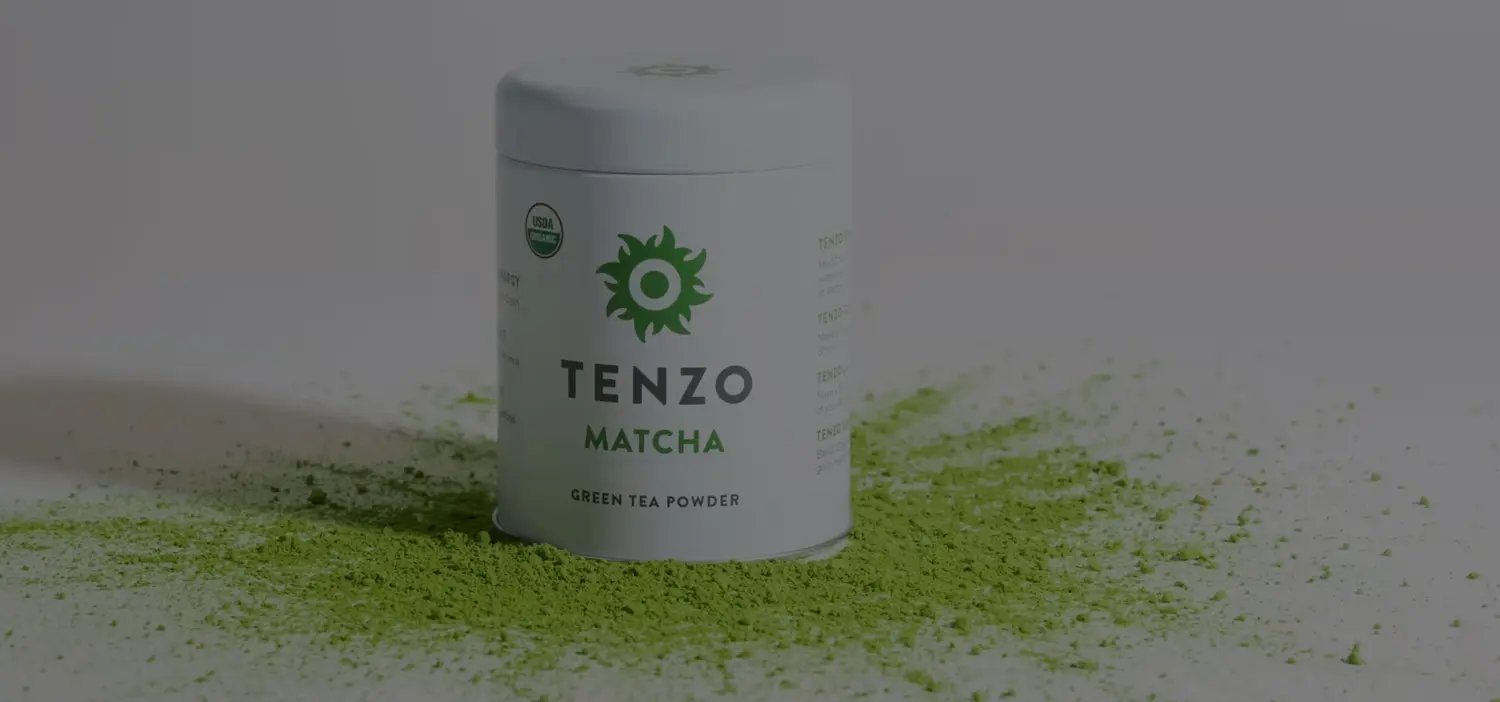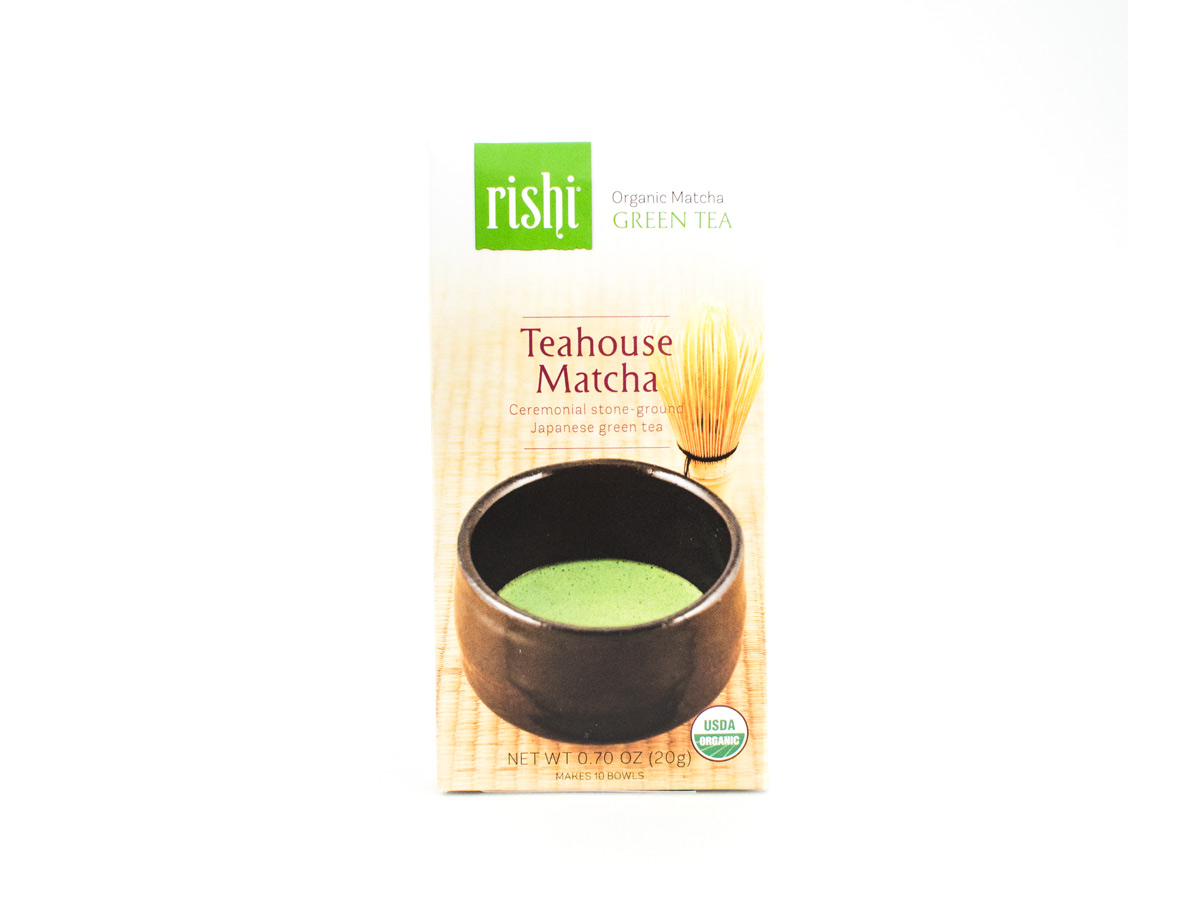Both peppermint and peppermint are species of mint native to Europe and Asia that have long been valued for their special medicinal properties and cooling effects.
Drinking peppermint tea has been known for generations to aid digestion, and one of the most popular remedies for stomach upset is drinking a cup of freshly brewed peppermint tea.
Let’s take a closer look at the 9 benefits of mint tea and why you should always have one in your kitchen cupboard:
- It can relieve indigestion One of the most well-known benefits of mint tea is its ability to relieve stomach problems. Peppermint leaves contain compound essential oils such as menthol, menthone, and limonene that can help relieve stomach upset and aid digestion.
Peppermint leaves can be combined with other beneficial herbs and extracts such as ginger, marshmallow root, and chamomile to make herbal teas that can provide a variety of digestive benefits, such as relieving constipation.
- May ease symptoms of irritable bowel syndrome
Doctors often prescribe peppermint oil capsules as a natural remedy to help patients seeking medical attention for irritable bowel syndrome (IBS). Therefore, drinking peppermint tea could help relieve IBS symptoms such as stomach pain, bloating and gas. - Helps reduce caffeine intake
Peppermint tea is an herbal tea that is naturally caffeine-free. While most people drink peppermint tea infusions because they love the refreshing taste, many find it a great alternative to drinking hot caffeinated beverages such as coffee and black tea and even green tea, which also contains some caffeine. Avoiding caffeine, especially in the afternoon and evening, can help with sleep problems as well as anxiety and heart palpitations.
The lack of caffeine also means you’re less likely to experience a renewed loss of energy when the caffeine wears off.
- It can help you lose weight
For those looking to reduce their sugar intake (e.g. to lose weight) or are avoiding sugar for other health reasons, drinking peppermint tea, with its light natural sweetness and stimulating aroma, is an excellent hydrating alternative to sodas, fruit juices, and sugary soft drinks.
If you’re feeling sluggish in the afternoon, drink a cup of calorie-free peppermint tea instead of a sugary soda. Your blood sugar levels will be more stable and you’ll avoid the dreaded energy crash that occurs after an insulin surge.
- It can boost the immune system
Peppermint oil contains compounds that are believed to have antibacterial, antiviral, and anti-inflammatory properties, all of which help support the immune system.
Peppermint can also help fight upper respiratory infections and nasal congestion. If you have a cold or sinus infection, drinking a hot cup of peppermint tea and inhaling the menthol vapors can help reduce nasal congestion.
- It Can Relieve Allergies
An interesting compound in mint is rosmarinic acid, which is found in rosemary and some members of the mint family. Rosmarinic acid relieves the symptoms of allergic reactions like sneezing, itching and runny nose that occur with seasonal allergies like hay fever. - It Can Help With Bad Breath
Peppermint is also a common ingredient in toothpaste, breath lozenges and chewing gum, which are typical supermarket options for fighting bad breath. However, peppermint tea is a brilliant, all-natural way to eliminate bacteria in your mouth that can cause bad breath. - It can help as a natural pain reliever
The scent of a hot cup of mint tea is believed to have a positive effect on our olfactory system. It can be used in a variety of ways, including for tension headaches, as the natural menthol oil vapors released by the leaves can help relax tense muscles in the skull and relieve pain.
Similarly, the calming compounds found in mint leaves can help reduce the severity of dysmenorrhea (menstrual cramps), so before you reach for painkillers, you might want to try some peppermint tea first.
- It can improve concentration
The cooling and stimulating effects of peppermint tea are also believed to help improve mental alertness and concentration. The scent of peppermint tea stimulates the limbic system, making you more alert—a delicious way to improve your concentration and ace an exam.
Dragonfly Mint Teas
With all these benefits of mint tea, and the benefits of mint tea in particular, try it for yourself! Whether you’re a mint purist or an herbal explorer, we think you’ll find something you’ll love in our carefully selected and blended teas.
Our pure peppermint tea is made from sustainably sourced organic peppermint leaves, slowly dried to preserve their special essential oils. Deliciously fresh and invigorating with a slight sweetness, a classic for any time of day.
We also have our popular Mint Garden Digesif tea, inspired by famous herbs from British and European botanical traditions. This gentle, vibrant and relaxing blend combines organic mint with other organic herbs said to aid digestion, such as fennel seed, ginger and nettle. Perfect for cleansing the palate and calming the body after a heavy meal, it’s one of our favourites.
If you’re looking for something to lift your spirits a little, try our refreshing Moroccan Mint Green Tea. In Morocco, each cup of this wonderfully invigorating tea is served with meals all day and night and is considered a refreshing surprise. Try our aromatic blend of Gunpowder Green Tea and Spearmint Leaves, drink it alone or with a drop of honey, Moroccan style! It’s a delight and one of our best-selling products.
When making this tea, allow the teapot to cool slightly after boiling to prevent the green tea leaves from burning. Then simply pour the hot water over the tea bags and let them steep.
Is it time for a cocktail? If the answer is yes, check out our Clean Gin and Moroccan Mint Mocktail recipe for a super refreshing mocktail.
Did you know?
The mint family is a truly ancient class of plants with over 30 different species and has been part of the culinary and medicinal world for thousands of years. The name comes from the Greek nymph Menthe, who was transformed into a plant by Persephone, and sprigs of mint have even been found in ancient Egyptian tombs!
Peppermint is relatively new to the mint genus. It is actually a hybrid of spearmint and watermint and was first recorded in the 18th century by the botanist Linnaeus in Britain. Spearmint, with its pointier leaves, is native to Europe and Asia and has a milder flavor than peppermint, with its rounder leaves and high menthol content.










